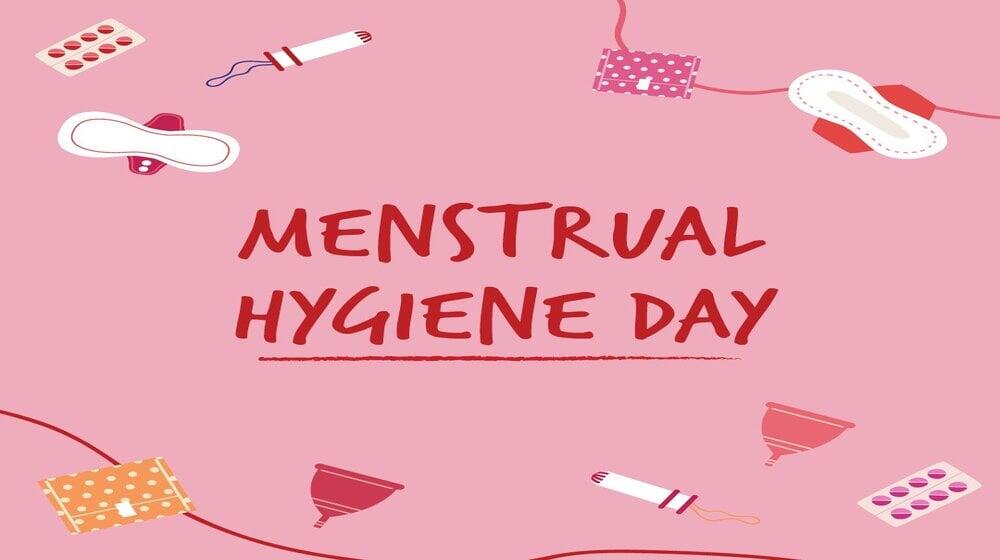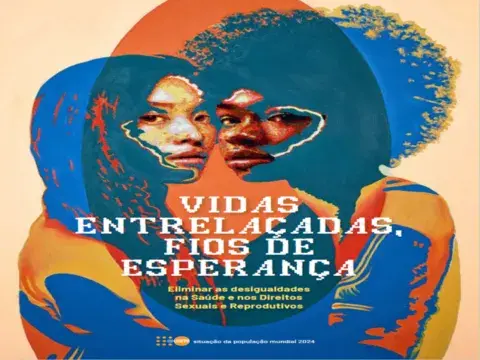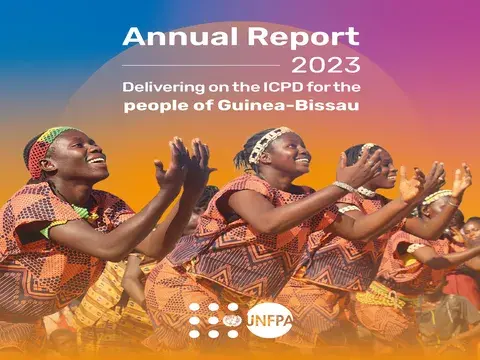Menstrual poverty affects thousands of girls and women around the world, particularly in developing countries like Guinea-Bissau.
May 28, International Menstrual Dignity Day, is a day of warning. For UNFPA, this is a human rights issue, not just a health issue. Everyone has the right to bodily autonomy. The ability to care for the body during menstruation is an essential part of this fundamental freedom. In Guinea-Bissau, according to MICS6 (2018/2019), in the last 12 months, 10% of women aged 15-19 did not participate in social activities, at school or at work due to their last menstruation.
Many organizations in the country are promoting actions to combat menstrual poverty, including free distribution of hygiene products to girls and women in vulnerable economic conditions, empowerment through local production of products, access to menstrual management education in schools and health centers, improvement of school sanitation infrastructure (availability of water).
UNFPA is indeed concerned with this issue because it has a negative impact on girls' education, as it affects their well-being and school performance due to menstruating in the school environment.
To address this situation, UNFPA in partnership with the Ministry of National Education and Higher Education, through the National Institute for the Development of Education (INDE), within the framework of curriculum reform, together with other partners financed the experimental program of integrated sexuality education in school and out-of-school environments. Since 2022, UNFPA has been financing the edition and production of the Basic Education Competencies Reference Program for Citizenship, and Life Sciences of the 3rd Cycle (7th, 8th and 9th year), where contents were introduced that include the concept of gender, social roles, women's rights and gender-based violence, social equity and gender equality, sexual health and reproduction, risky sexual behaviours and family planning, the harmful consequences of excision/Female Genital Mutilation, and the adoption of healthy attitudes and behaviours that allow the prevention of other diseases and positioning against cultural practices that are harmful to health individual and community.
Between 2022 and 2023, within the scope of this program, 33 school inspectors and 98 teachers were trained in schools nationwide. Together, they will contribute to ensure girls are acquiring the knowledge to be able to deal with and take care of their menstruation.
It is important to ensure access to menstrual hygiene products, integrated sexual education, the installation of water and sanitation in schools, and also to sensitize school and non-school communities so that menstruation is seen positively as part of female health.
Menstrual hygiene is a matter of health, dignity and gender equality.





